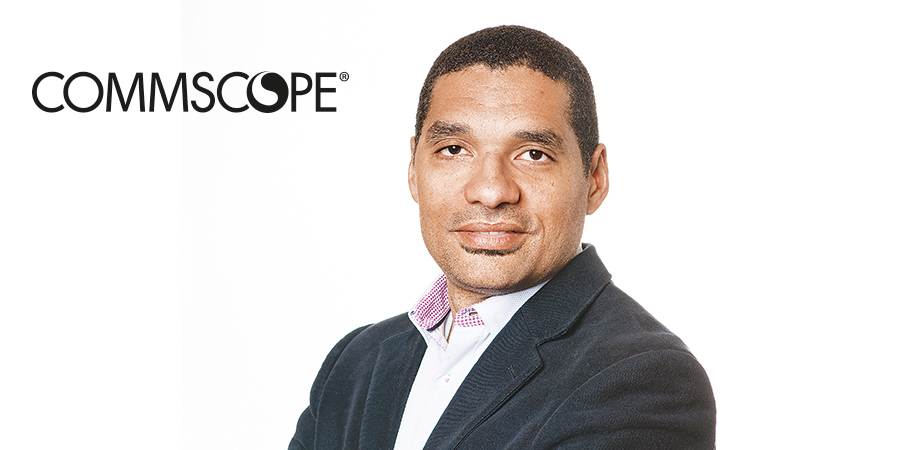By Femi Oshiga, vice president of service providers for the Middle East and Africa, CommScope
A little over a year ago we said farewell to Nobel Prize winner Sir Charles Kuen Kao, the man who changed the way the world communicates by transmitting light in fibers for optical communication. Sir Kao died at 84 in September 2018.
Without fiber, many of the audio and streaming services we take for granted would be impossible. Netflix, with more than 150 million subscribers, is starting to see pressure from new international streaming services Apple TV+ and Disney+ that were just launched in November. WarnerMedia, the owner of HBO and Warner Brothers, and NBCUniversal are set to launch proprietary streaming services in the coming months. These new rivals will join original programming efforts from Amazon Prime and YouTube, plus traditional broadcasters, in trying to topple Netflix.
As consumers try to figure out what streaming services they’re willing to pay for, their demand for fiber connectivity will only continue to increase.
Building fiber broadband infrastructure across the region
Smart cities will be built on fiber and city planners must continue to make investments for the long term. The good news is governments in the region are playing a key role in leading and funding smart city projects, including Saudi Arabia, Oman and the UAE. City planners must continue to educate themselves about the future possibilities of – and requirements for – smart city infrastructure, consulting with IoT vendors and network connectivity vendors, and working to develop a plan for the long term.
In support of network operators across the globe, CommScope is developing connectivity solutions to meet tomorrow’s network needs in the Middle East and Africa. One example comes from Africa’s biggest economy. Nigeria is experiencing growth in non-oil sectors such as telecoms and we are seeing investment in broadband connectivity for the enterprise, small businesses and individuals.
Despite unique challenges, ipNX has been able to adapt its deployment methodology making it the first company to rollout FTTH in Nigeria.
Ultimately, connectivity is the basic requirement for smart cities, and fiber-fed 5G wireless is the infrastructure that will make it possible. But to enable 5G universally, cities and service providers will have to work together. Shared infrastructure makes 5G a viable business model for both cities and service providers.









